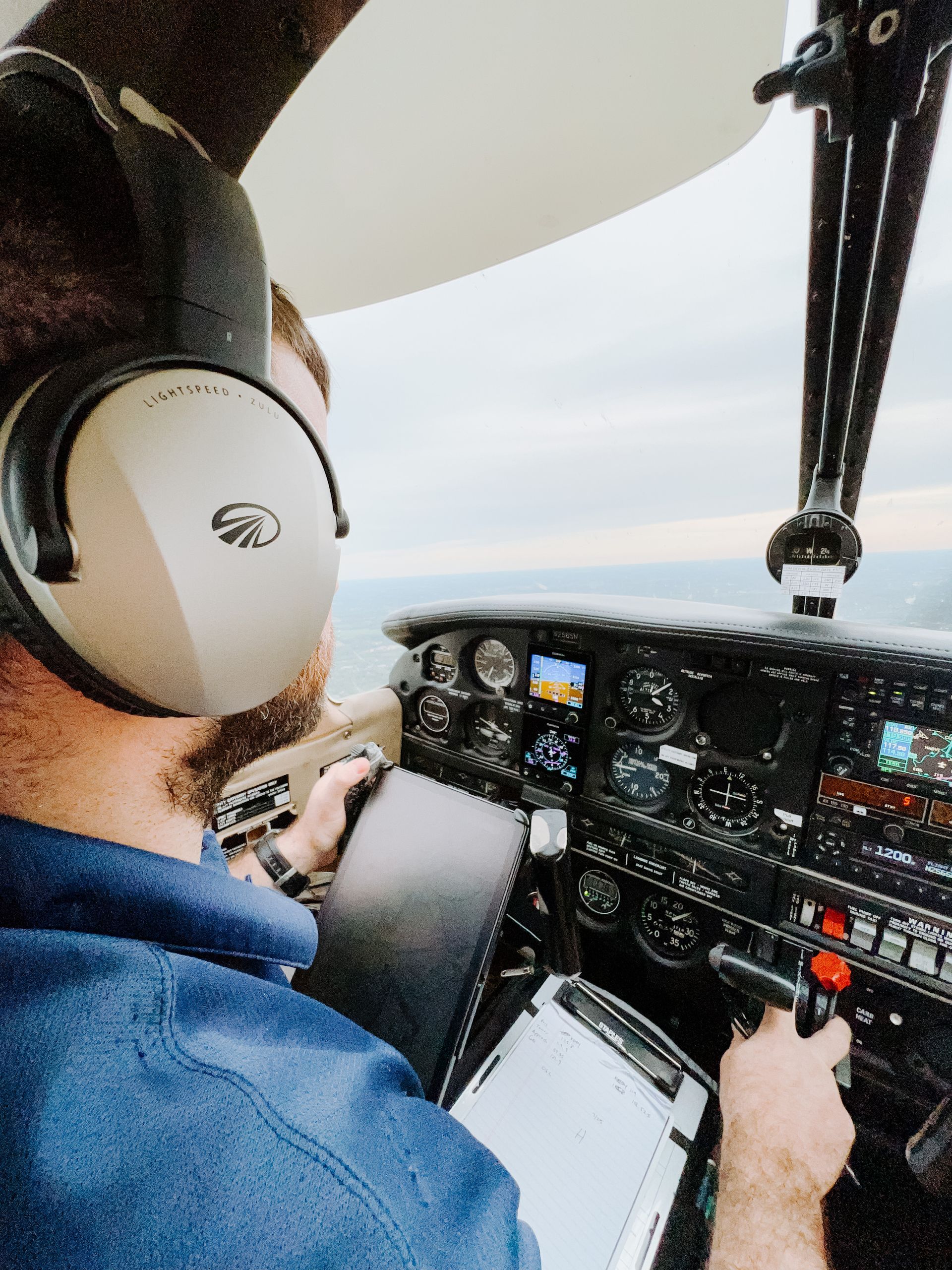How to Choose the Right Flight Training Program for You
DDAC Instructor • June 20, 2022

Choosing the right flight training program is one of the most important steps to becoming a pilot. Here are some things to think about when picking the right flight school for you:
- Accreditation: Make sure the flight training program is approved by a reputable aviation organization, like the Federal Aviation Administration (FAA) in the United States. Accreditation is a way to make sure that the program meets high safety and quality standards.
- Length of the program and how flexible it is: Think about how long the flight training program is and how flexible it is. Some programs are full-time and require you to go to classes and flight training sessions every day. Other programs are part-time and let you keep working or going to school while you train.
- Cost: Flight training can be expensive, so it's important to think about the cost of the program and any other costs, like books, equipment, and fuel. Look into scholarships and other forms of financial aid that might be available to help with the cost.
- Location: Think about where the flight training program is and if it's easy for you to get to. It's important to pick a place that has good weather for flying and is easy to get to so people can come often.
- Instructor Qualifications: Check the program's flight instructors' qualifications and experience. Look for instructors who have worked with the type of plane you want to fly and have a good track record of teaching people how to fly.
- Student Feedback: You might want to read reviews and comments from other students who have finished the program. This can tell you a lot about how good the program is and how other students felt about it.
Choosing the right flight training program is an important step in becoming a pilot, so take the time to research and weigh your options carefully to make sure you make the right choice for your career goals and aspirations.

It is possible for pilots to fly in conditions below visual flight regulations if they have earned an instrument rating (VFR). Here is an introduction to instrument rating and the skills you'll need to get started: What does Instrument Rating mean? An Instrument Rating (IR), a supplemental certification, allows pilots to fly in conditions where visual reference to the ground is lost, such as fog or clouds. All instruments, such as the altimeter, airspeed indicator, and attitude indicator, are used during flight training for pilots with an IR. Instrument Rating Requirements Before getting an instrument rating, a pilot must have either a private pilot's license (PPL) or a commercial pilot's license (CPL), as well as a certain number of flight hours and cross-country flight experience as a pilot in command. How Exactly Does One Train? Gaining an instrument rating requires both classroom study and in-flight experience. Instrument flying regulations (IFR), instrument approach procedures, and the proper use of navigational aids are just some of the topics covered in ground schooling. With a hood or other obstruction in place, the pilots will learn to fly in what is called "Instrument Meteorological Conditions" (IMC). Instrument Rating Test Once the training is complete, the pilot must take and pass a written and practical exam for an instrument rating. The written test checks how much you know about weather, navigation, and the rules. The required number of hours in the air with an examiner shows how well you can fly safely and competently in a variety of conditions. Benefits of an Instrument Rating Getting an instrument rating is very helpful for pilots because it lets them fly in more situations and makes them feel safer while doing so. Pilots with an instrument rating can apply for jobs with airlines and other businesses in the commercial aviation sector. Keep Your Instrument Rating Intact greatly Pilots must go through training and flight reviews every six months to a year to keep their instrument ratings up to date. This makes sure that pilots have access to the most up-to-date information and can fly safely in any condition. Getting an instrument rating is usually good for pilots because it gives them more options in the aviation industry. With hard work and training, any pilot can improve their skills and earn an instrument rating.









